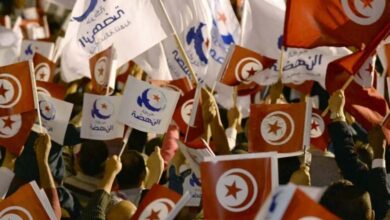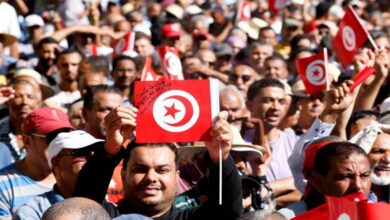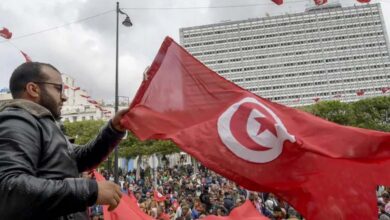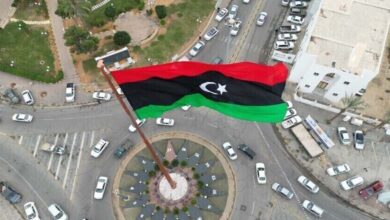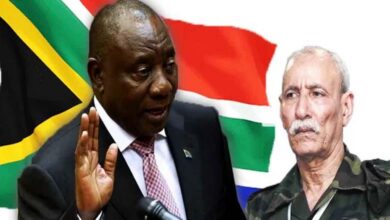Libya’s Muslim Brotherhood Faces Another Setback… Political Analyst Diagnoses the Movement’s Internal and External Crises
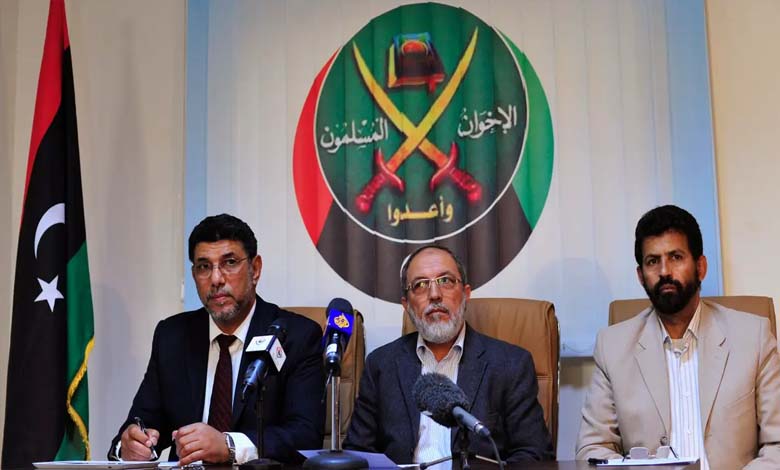
Political analyst Kamel Al-Mur’ach stated that Libya’s Muslim Brotherhood is the biggest loser in the recent electoral process, and it is expected to face similar defeats in future elections.
-
A Scheme That Made Them Outcasts: The Waning Influence of the Muslim Brotherhood in Libyan Municipal Elections
-
Calls to Purge Legitimate Authorities of Muslim Brotherhood Elements: The Misdeeds of Yemen’s Al-Islah Party Members
Al-Mur’ach explained that the movement suffers from deep internal divisions and fierce rivalries among its leaders, making it the most despised entity among Libyans following its failed tenure in power. Libyans hold the movement directly responsible for the divisions and fragmentation that have plagued the country.
He also highlighted that the overall weakness of party performance in Libya, combined with the limited experience of political parties, has contributed to the decline of the Brotherhood’s influence in the municipal elections held recently. Voting in these elections primarily relies on local tribal and clan allegiances, which overshadow the influence of political organizations, resulting in a lack of effective party competition.
-
The Muslim Brotherhood Unmasks Its Own: An Ally Lists the Betrayals of al-Qaradawi’s Son
-
What Is the Link Between the Muslim Brotherhood and the “Eastern Orta” Militia? Can Internal Divisions Lead to Conflict?
Al-Mur’ach added that warnings issued by the Electoral Commission last September, which targeted some extremist militias supported by the Brotherhood, played a role in diminishing the movement’s influence in the latest municipal elections.
Regarding the struggle for the presidency of the State Council between Mohamed Takala and Khaled Al-Machri, Al-Mur’ach argued that this crisis reflects the Brotherhood’s failure to maintain unity within its ranks. This reinforces the image of a fractured authoritarian movement, further weakening its prospects in future elections.
-
The Brotherhood Intensifies Terrorism Against Yemenis… Threats to the Student “Who Hugged Her Father”
-
The Muslim Brotherhood Faces a Phase of “Disorientation” After Losing Ground: What Are the Details?
Meanwhile, the broad conduct of municipal elections in Libya and their success have received local and international acclaim. Many welcomed the smooth electoral process, characterized by security, active participation, and calm in the East, West, and South of the country. No disruptions or polling station closures were reported, prompting calls to leverage this momentum for organizing broader general elections, including presidential and parliamentary votes, in the near future.





